Abandoning the thought of Awakening the Bodhicitta Mind due to Discouragement (ii)

The second cause of abandoning the thought of awakening or generating Bodhicitta mind is:
Abandoning the thought of awakening due to discouragement.
In today’s society where everyone desires and demands instant gratification, it is very common for people to feel easily discouraged upon not getting the desired result right away. Those on the path to seek liberation may abandon the thought of awakening the Bodhicitta mind because they are discouraged by their loss of faith in the outcome of their practice.
According to Sakya Pandita’s Clarifying the Sage’s Intent, those that are foolish become dejected and cease to practice virtuous deeds because they did not instantly receive the fruits of their efforts. For example, although they practiced generosity, their wealth decreased; although they practiced strict moral discipline, their physical body weakened or they performed pujas and rituals for the recovery of a sick person and instead of recovering, the patient dies. Such occurrences would discourage some people from believing in the powers of the Three Precious Jewels and they may give up the path of dharma.
The remedy to prevent such demoralized thoughts is to generate enthusiastic joy for practicing the dharma. For as it is said in the Guide to the Bodhisattva’s Way of Life:
“Mounted on the horse of thought of awakening
(that dispels all discouragement and fatigue)
And going to greater and greater happiness,
What wise person would become discouraged?”
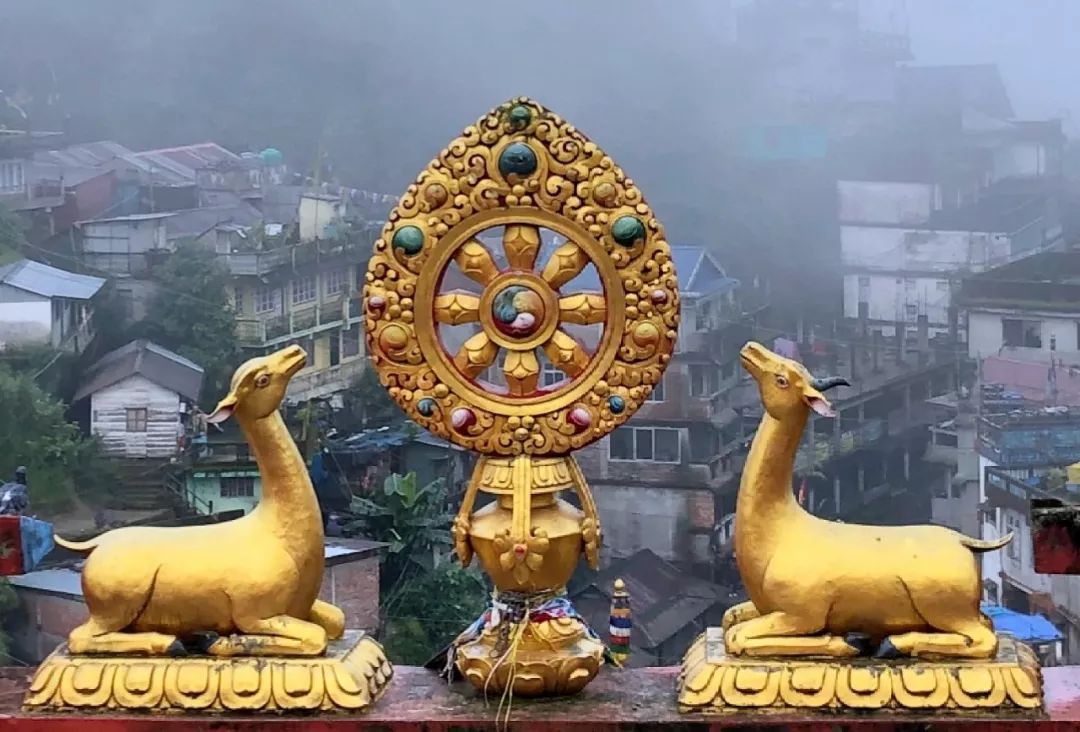
The following excerpts from Sakya Pandita’s Clarifying the Sage’s Intent, give a clear understanding of the circumstances under which we experience death and what we can do to prevent as well as accept the occurrence of death without losing faith.
“Moreover in general, seven circumstances exist in which death will occur:1) when the life force is exhausted, 2) when the force of previous deeds is exhausted, 3) when the force of merit is exhausted, 4) the exhaustion of both life force and force of previous deeds, 5) the exhaustion of both life force and force of merit, 6) the exhaustion of both force of previous deeds and the force of merit and 7) the exhaustion of all three.
For the exhaustion of life force, such things as performing the Ushnishavijaya (goddess of long life) ritual for prolonging longevity, receiving long life initiations etc. will help. For the exhaustion of the power of past deeds, it is helpful to perform life release of animals that otherwise would be slaughtered. When merit has been exhausted, there is the restoration of merit by repelling unfavorable circumstances through such means as making worshipful offerings to the religious preceptor; practicing the propitiative rites to the Three Jewels, reciting the sacred scriptures and acquiring merit through offerings and service to the Sangha, offering sacrificial cakes to the spirits; renouncing all material possessions as an antidote to attachment; taking medicines as an antidote to disease; practicing meditative concentration as an antidote to mental instability and reciting the universally beneficial invocations of the sustaining power of the Three Jewels and the auspicious coming together of circumstances.
For the three instances where two elements coincide, if it is the life force and past deeds whose force is exhausted, you should revive those two. If it is the life force and merit, then revive those. And if it is the force of deeds and merit that are becoming exhausted, those should be restored.
By doing as described above, you can restore life in the three cases where only one element is exhausted. If two are exhausted in combination, through great effort they can be revived. But if someone is dying as a result of the exhaustion of all three forces, there is no means to restore that person to further life. Like the smoke of an extinguished fire or the pool of stream whose headwaters have dried up, even the Lord Buddha himself cannot avert it. Therefore death that occurs despite the performance of all the propitiative methods is a sign that all three causes sustaining life have become exhausted.
Thus it is wrong to say that propitiative religious practices do not work and thereby give up faith in them. How could you rightly discard such things as beds, saying they do not work because the patient died on a bed? Or give up houses, food, drink and medicines, saying that these are not effective because the patient died in a house, or after eating, drinking, or taking medicine? Similarly, when death occurs, it is that the forces that propel life have become exhausted and not that propitiative religious practices and roots of virtue are ineffective.
Furthermore, three kinds of former actions exist: those whose results are experienced in the present lifetime, those whose results will be experienced after the next birth, and those whose results are experienced at another, even later time. Whether an action is virtuous or non-virtuous, for its result to be experienced in the present life, an exceptional recipient, motivating thought, and object must be involved. As it is taught:
Because of a particularly (special) recipient and motivating thought,
There are acts whose fruits are experienced in the (present) visible world.
If you commit an exceptional act of virtue or non-virtue involving an especially excellent object, through an extremely good or evil motivation, and toward an exceptional recipient, then that action will give rise to a result in this very life, which is called “the result visible in the present lifetime”. People who commit such acts of virtue or non-virtue are extremely rare. If a person commits a slightly weaker deed, that act will give rise to a result in the next life, a result to be experienced after the next birth. An act of still smaller strength is a deed whose result will be experienced at another, even later time.
Therefore, if a person who only commits evil deeds seems to experience inappropriate happiness, or if a person who only commits virtuous acts seems to experience inappropriate sufferings, that is a sign of their reaping the results of acts that ripen in the next life or even later, and for this reason you should be very careful about moral cause and effect.”
Reflecting upon these words of wisdom from Sakya Pandita, is crucial in understanding the nature of cause and effect and thereby beneficial in strengthening our resolve to practice the dharma despite setbacks and obstacles. Abandoning the thought of awakening due to discouragement can thus be defeated.
–Khöndung Asanga Vajra, Sep 2018
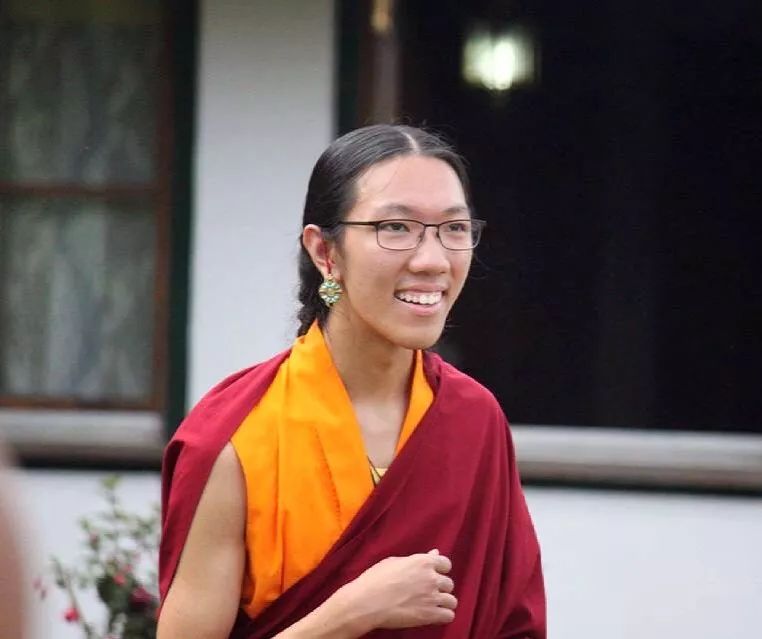
H.H. The 41st Sakya Trichen Rinpoche's Birthday celebrations held at Guru Sakya Monastery (Ghoom) Sakya Choepheling College (Rimbick) ,Sapan College and Rangri college (Manali),Sep,2018
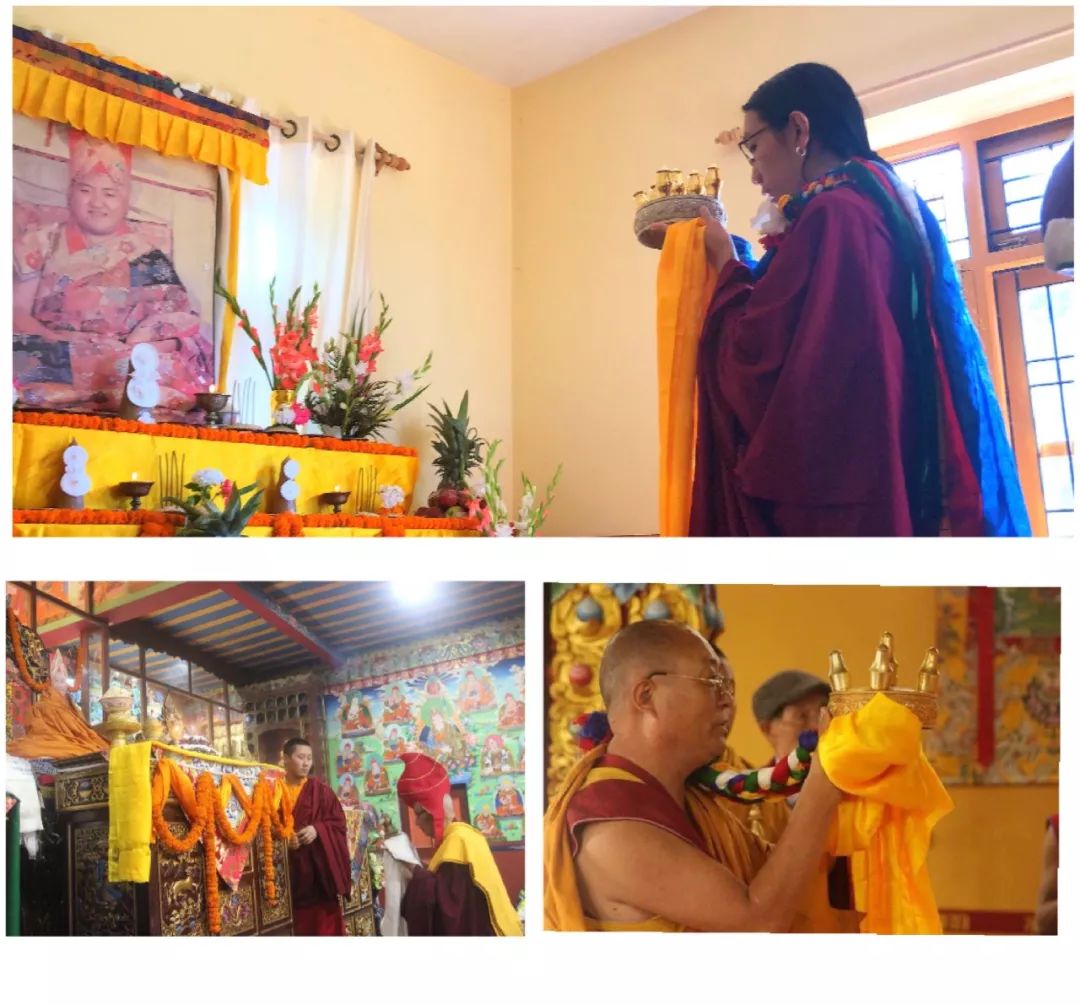
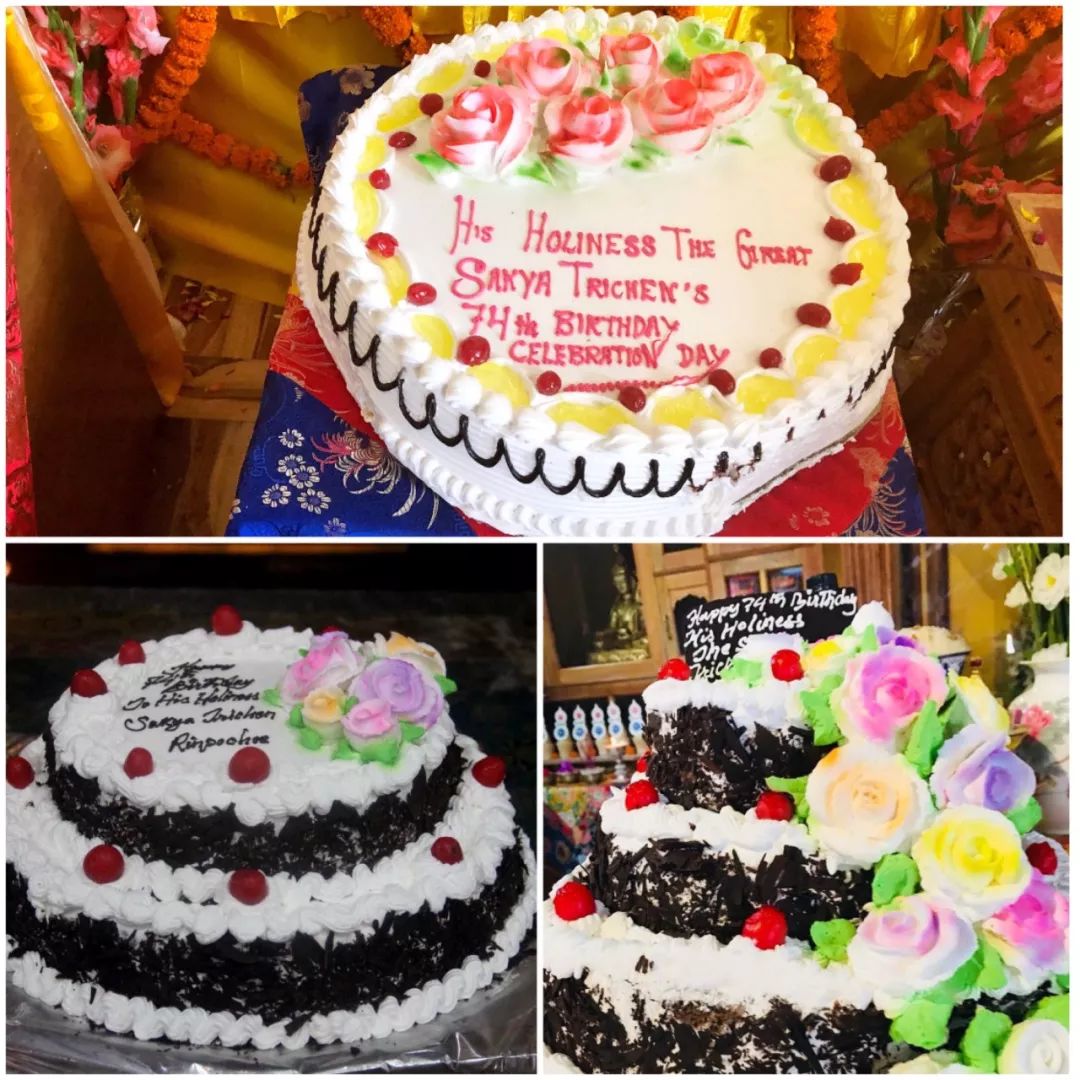
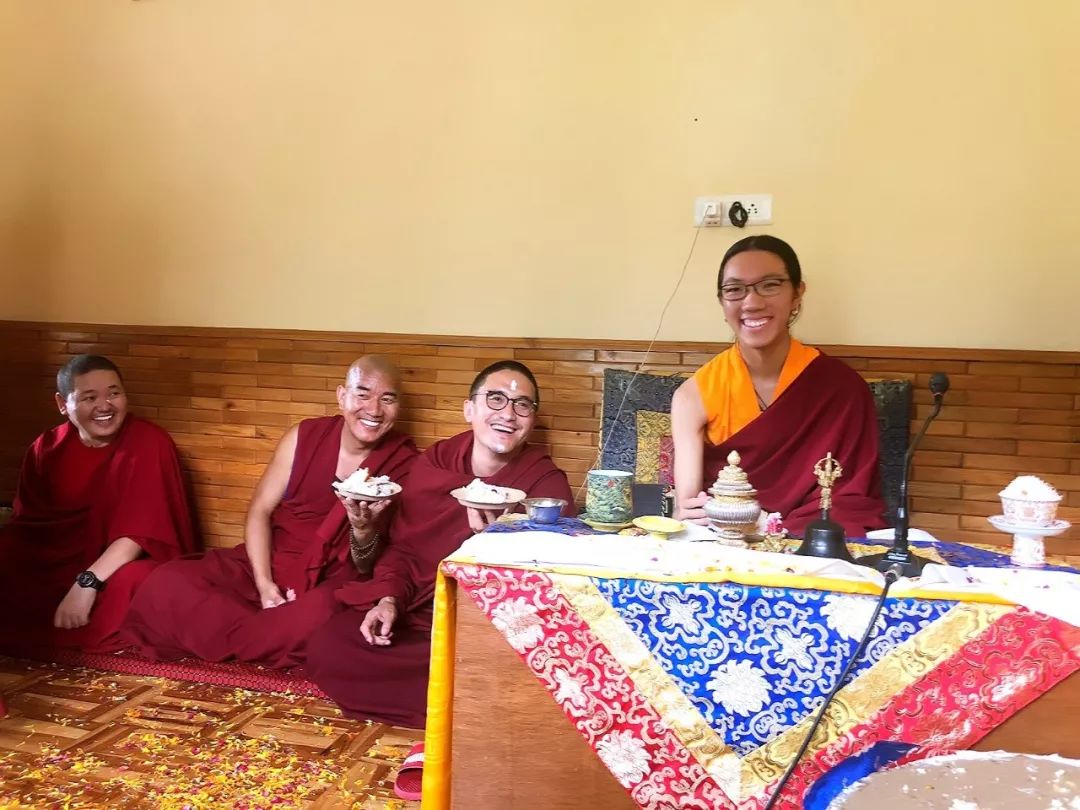
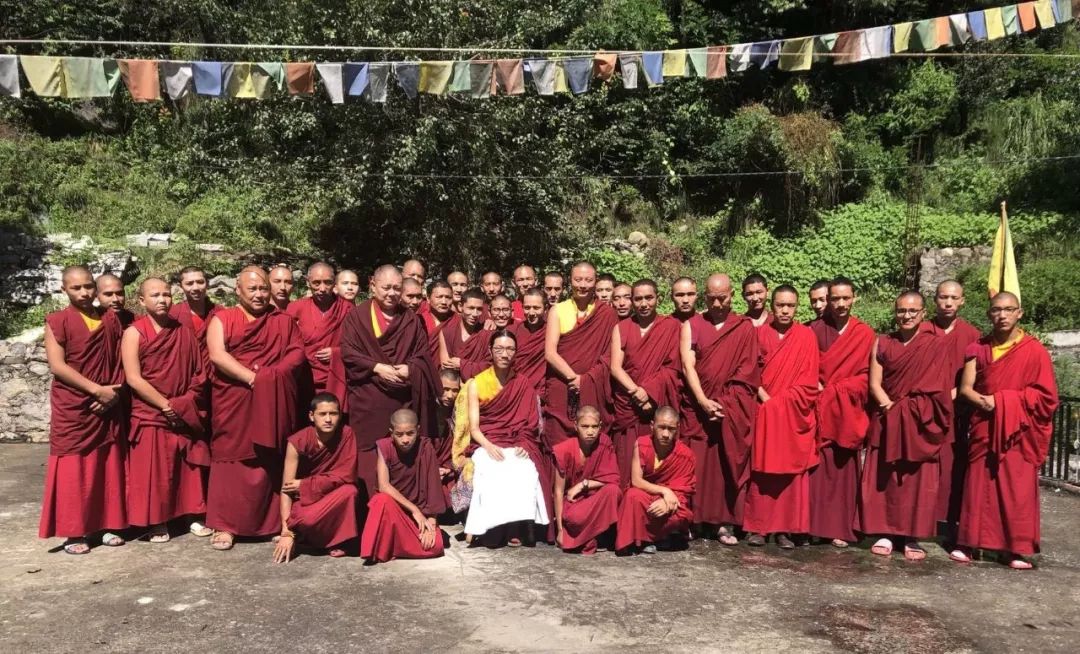
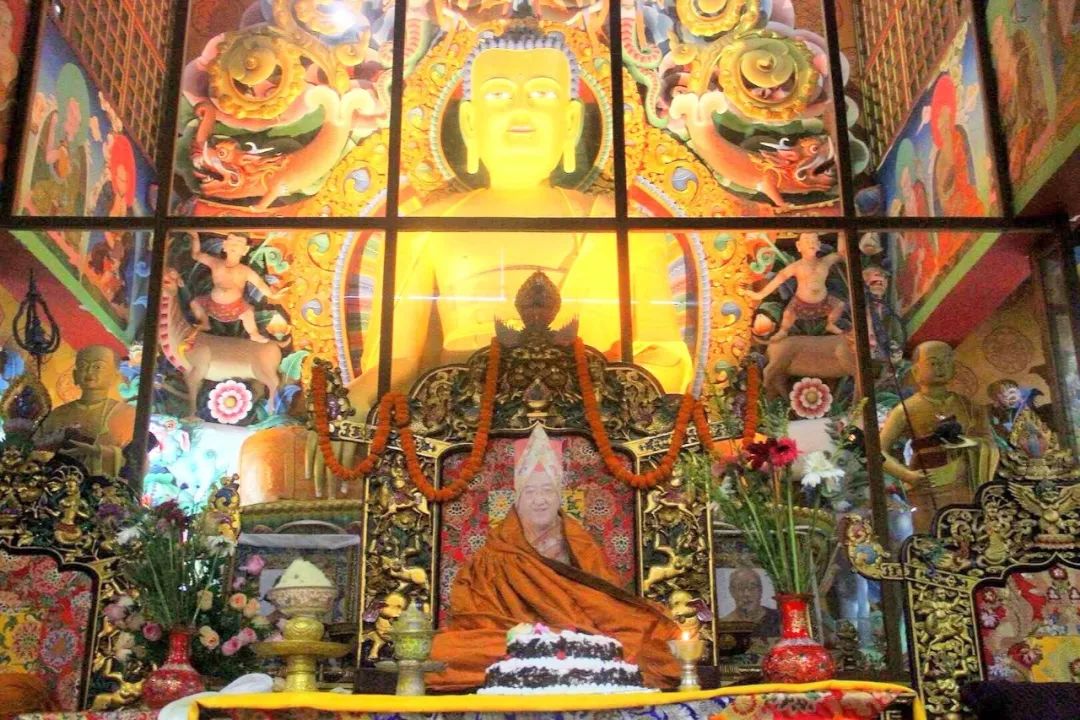
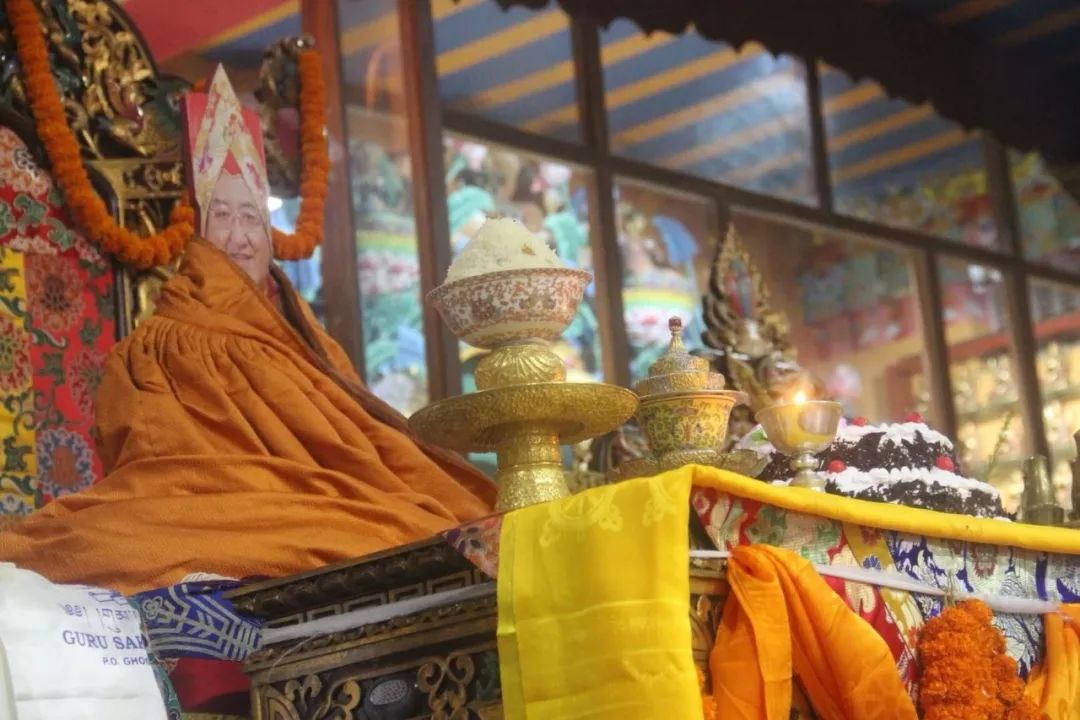
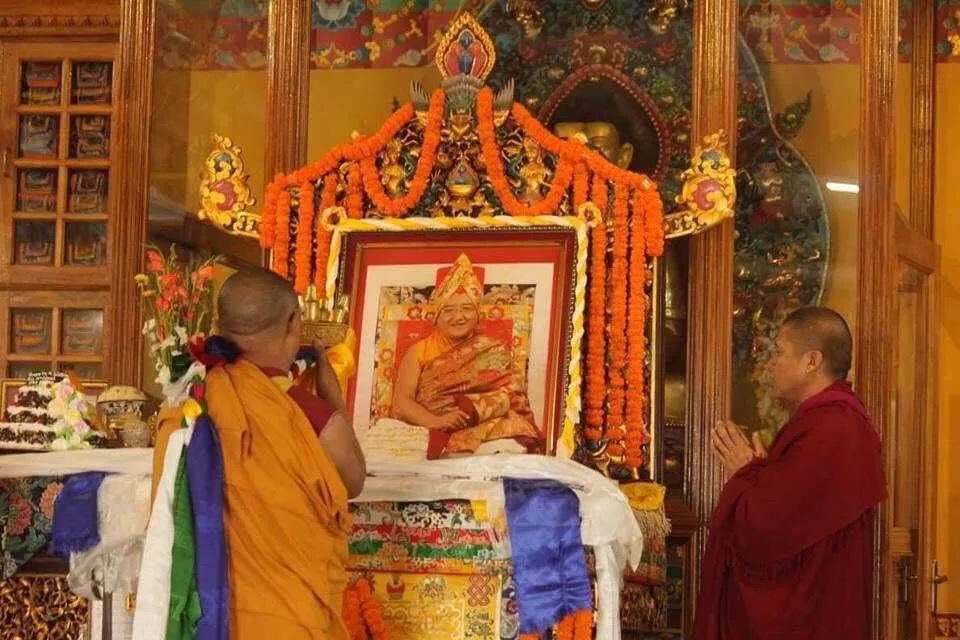
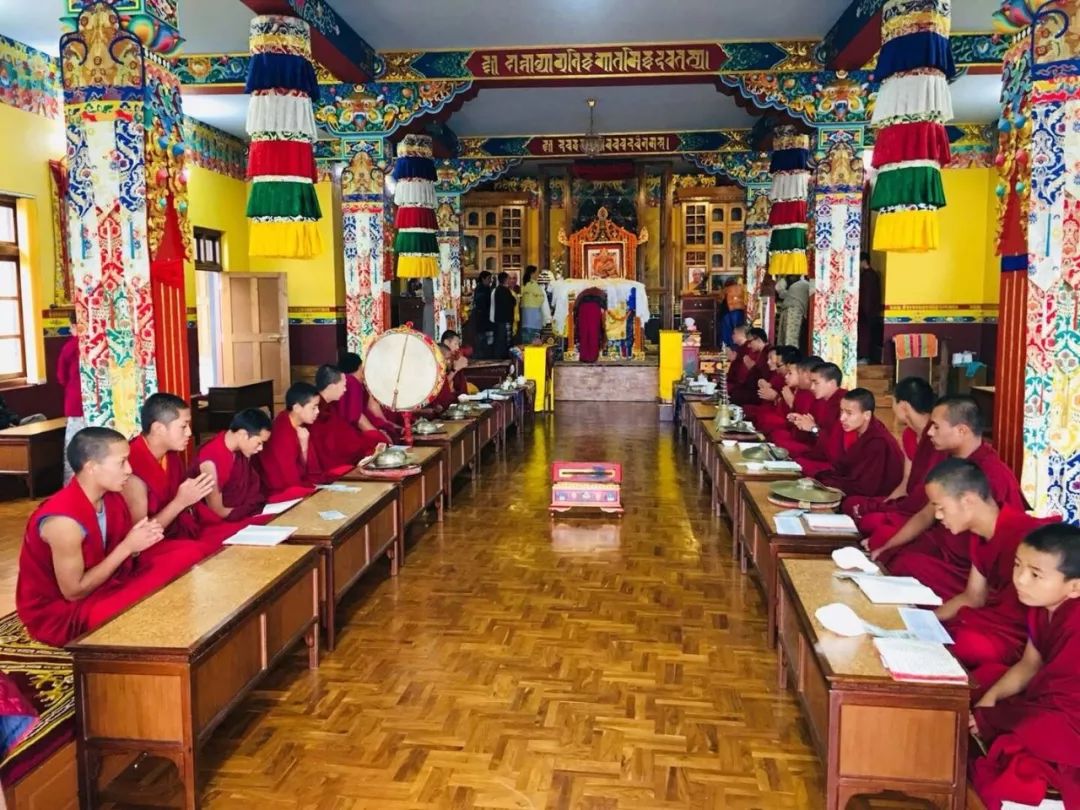

Follow Asanga Rinpoche on social media